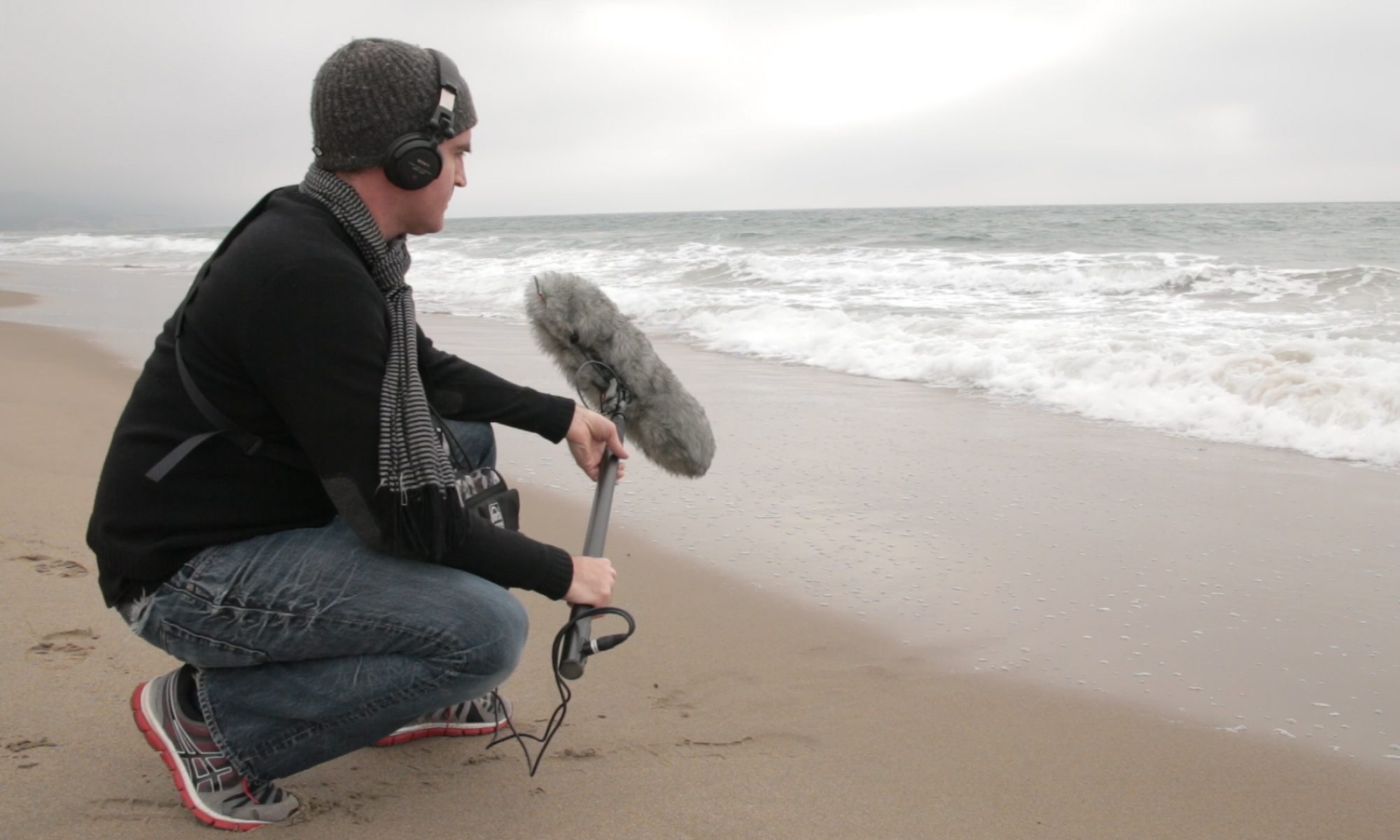I teach in the Music Technology program at Foothill College, and I really enjoy the duality of teaching both academic and vocational courses. It gives me a flexibility in course creation that simply wouldn’t exist at a four-year university where career training (if it even exists) takes a backseat to ivory tower academic pursuits.
Many of our vocational courses are focused on software training for a number of important audio applications including Avid’s Pro Tools, Apple’s Logic Pro, and Ableton Live. These are some of our most popular courses at Foothill, and in the case of the Pro Tools courses they are even required for the degree and certificate in Music Tech.
One of the questions I frequently get from the students in my vocational classes is, “Do Industry Certifications Matter?” Unfortunately, my response is often something like, “Well, that depends…” And it does depend on a lot of factors. For someone who already has credits in the industry, an industry certification (IC) is somewhat meaningless; there’s no question that real-world credits trump theoretical expertise every time. I often joke with my students that you won’t find many Grammy winners with a bunch of certificates posted next to the gold records on their studio wall. (The fact that many famous producers and engineers often work in a manner that is anything but efficient is a topic for another time…)
On the other hand, for someone looking to make a career change, the IC can provide a clear training path resulting in significant expertise in an industry-standard application. For example, I often have older students that are successful in a field such as video editing, but wish to add sound design or audio mixing to their CV. In this case, the certificate can impart the necessary confidence to present themselves as an expert in the adjacent field.
Finally, for students with no industry experience, the IC can help to differentiate them from other job candidates applying for internships or entry-level positions. I’ve worked in several organizations where ICs where required to make it through the first phase of job application screening for an internship. While it is true that creative industry ICs like ours are not valued as highly as something like a CISCO or MSCE certification in the IT industry, they do have significant value. Many creative organizations build their entire workflow around one software application (like Pro Tools or Adobe Creative Suite) and our certified students can typically demonstrate much deeper expertise in that application than a senior designer. Does this mean they can do the job better than that person? Absolutely not. But junior personnel in creative fields are often EXPECTED to possess deep knowledge of applications so that they can impart that knowledge to more established colleagues who simply don’t have the time to stay on top of every new feature. Sharing this knowledge in a humble, un-selfish fashion has been a key to advancement in our industry for decades.
